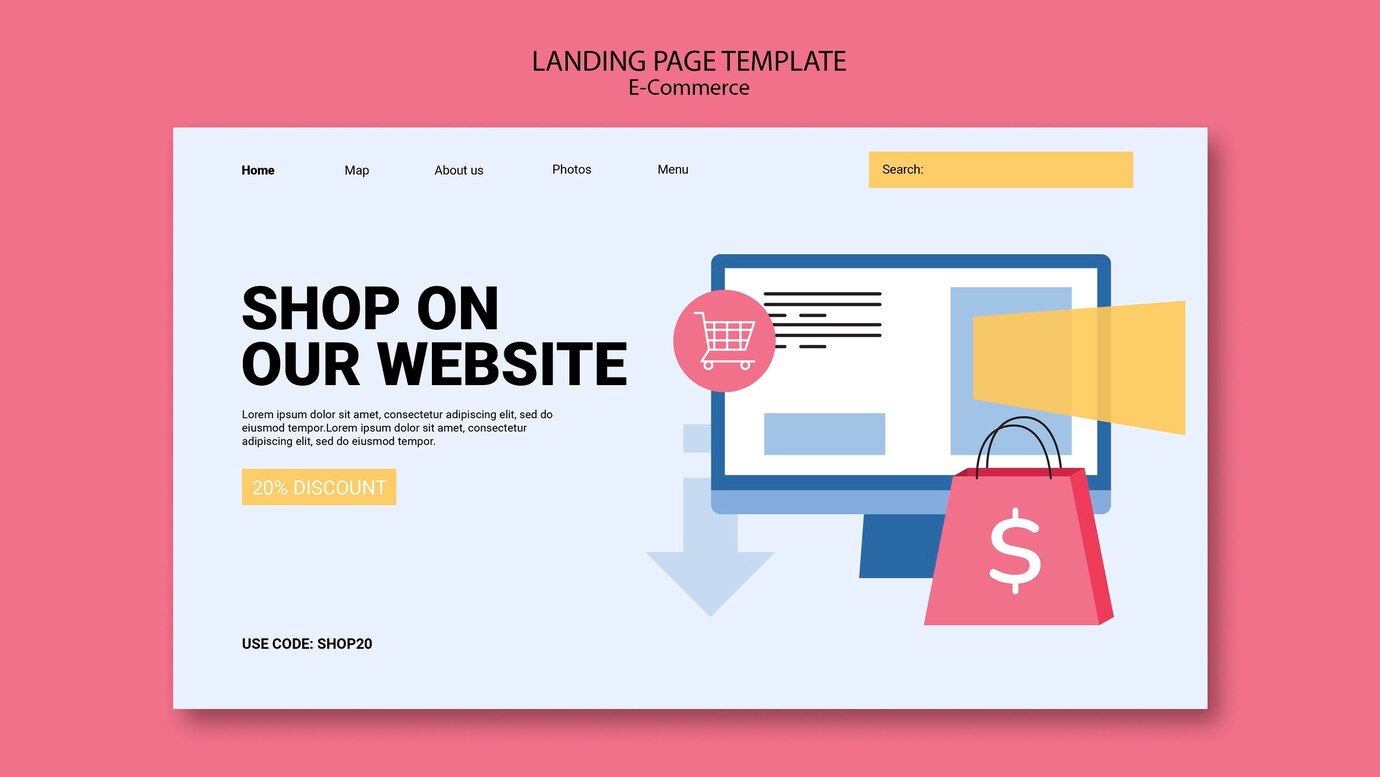In the competitive landscape of online business, having a well-designed and functional ecommerce website is crucial for success. Whether you’re starting a new venture or looking to upgrade your existing online store, choosing the right ecommerce website development service provider can significantly impact your business’s growth and profitability. This comprehensive guide aims to walk you through the essential considerations and steps involved in selecting the perfect ecommerce website development service.
Understanding Your Business Needs
Before diving into the process of choosing an ecommerce website development service, it’s essential to assess your business needs and objectives. Consider the following questions:
Understanding these aspects will help you articulate your requirements clearly to potential service providers and ensure they align with your business goals.
Key Factors to Consider When Choosing an Ecommerce Website Development Service
1. Experience and Expertise
Look for a development service with a proven track record in ecommerce website development. Review their portfolio to see examples of their previous work, particularly projects similar to yours in terms of industry and complexity. Experience in integrating essential ecommerce features such as payment gateways, inventory management, and customer relationship management (CRM) systems is crucial.
2. Technical Proficiency and Tools
Verify the technical proficiency of the development team. They should be skilled in ecommerce platforms like Magento, Shopify, WooCommerce, or custom solutions, depending on your preferences. Additionally, inquire about the tools and technologies they use for development, security, and performance optimization.
3. Customization and Scalability
Your ecommerce website should be scalable to accommodate future growth. Discuss the service provider’s ability to customize the website according to your unique business requirements. They should offer flexibility in design, functionality, and backend integration to support your business as it expands.
4. Responsive Design and Mobile Optimization
In today’s mobile-driven world, responsive design is non-negotiable. Ensure that the ecommerce website development service prioritizes mobile optimization to provide a seamless user experience across devices. Testimonials and case studies highlighting their success in mobile-friendly ecommerce solutions can provide insight into their capabilities.
5. SEO and Digital Marketing Capabilities
A well-developed ecommerce website should be optimized for search engines (SEO) to attract organic traffic. Inquire about the service provider’s SEO expertise and strategies for improving your website’s visibility in search engine results. Additionally, their understanding of digital marketing techniques like content marketing, PPC advertising, and social media integration can contribute to your online success.
6. Security and Compliance
Ecommerce websites handle sensitive customer information and financial transactions, necessitating robust security measures. Ensure that the development service follows industry best practices for data protection, PCI compliance (if applicable), and SSL certification. Ask about their approach to handling security vulnerabilities and protecting against cyber threats.
7. Support and Maintenance
Post-launch support and ongoing maintenance are crucial for the smooth operation of your ecommerce website. Inquire about the service provider’s support services, response times for troubleshooting issues, and availability for updates and upgrades. Clear communication channels and a dedicated support team can ensure timely resolution of technical issues.
Steps to Choose the Right Ecommerce Website Development Service
Step 1: Research and Shortlist
Start by researching potential ecommerce website development services. Look for recommendations from peers, check online reviews and testimonials, and explore their websites and portfolios. Create a shortlist of service providers that align with your requirements.
Step 2: Consultation and Proposal
Contact the shortlisted service providers to schedule consultations. Discuss your project requirements, goals, and budget constraints. Request detailed proposals outlining their approach, timeline, cost estimates, and deliverables. Use this information to compare and evaluate each proposal thoroughly.
Step 3: Evaluate Past Work and References
Review examples of each service provider’s past work and client testimonials. Request references from previous clients to gauge satisfaction levels and project outcomes. Direct feedback from references can provide valuable insights into the service provider’s reliability, professionalism, and commitment to client success.
Step 4: Discuss Project Management and Communication
Effective project management and communication are essential for successful collaboration. Discuss how the service provider plans to manage your project, including milestones, progress updates, and communication channels. Ensure they prioritize transparency and regular communication throughout the development process.
Step 5: Consider Budget and ROI
While cost is a significant factor, prioritize value over price alone. Consider the long-term return on investment (ROI) of your ecommerce website development. Choose a service provider that offers competitive pricing while delivering quality craftsmanship, scalability, and support to maximize your ROI.
Step 6: Finalize and Sign Agreement
Once you’ve chosen a service provider that meets your criteria, finalize the details of the project scope, timelines, payment terms, and deliverables in a written agreement. Ensure all parties are clear on expectations, responsibilities, and project milestones before proceeding.
Conclusion
Choosing the right ecommerce website development service is a pivotal decision that can shape the success of your online business. By understanding your business needs, evaluating key factors such as experience, technical proficiency, customization options, mobile optimization, SEO capabilities, security measures, support services, and following a structured selection process, you can make an informed choice. Investing in a reliable and skilled ecommerce website development service provider will not only ensure the creation of a robust and user-friendly online store but also contribute to your business’s growth and competitiveness in the digital marketplace.

